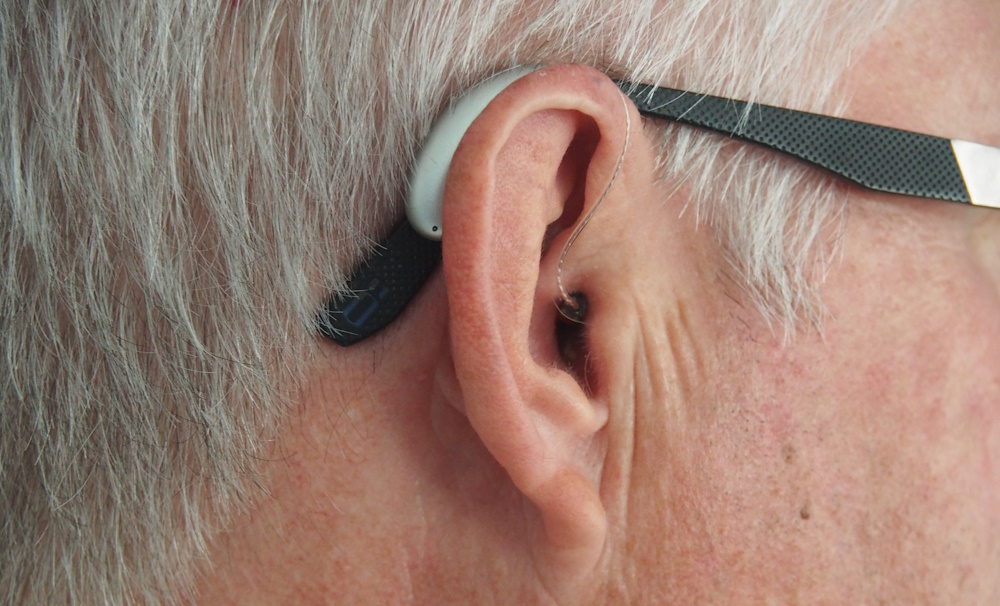Many veterans experience hearing loss due to their military service. Because of this connection, there is help available. The Department of Veterans Affairs offers disability benefits to veterans with hearing loss. Here, we’ll go over the basics of disability ratings, establishing service connection, and the application process. Greater understanding gives a greater chance of success!
Understanding VA Disability Ratings for Hearing Loss
The condition’s severity determines the level of benefits veterans are eligible for. This disability determination is the VA’s responsibility. For hearing loss, this rating is determined based on the extent of impairment in each ear. Ratings range from 0% to 100%, with higher ratings reflecting more severe hearing loss. These ratings impact the compensation veterans receive. In the case of more severe hearing impairment, financial compensation can be significant.
Connecting Hearing Loss to Military Service: A Gateway to Benefits
Bridging the Gap with Medical Evidence
Service connection links your hearing loss to your military service,/ This connection makes you eligible for disability benefits. Veterans must provide medical documentation as evidence to the VA. This proves their hearing impairment to be service connected. Medical evidence is essential as the foundation of a claims case.
Audiograms: A Powerful Tool
Audiograms are the best tangible proof you can have when making a claim. These tests provide a comprehensive snapshot of your hearing ability over time. One way to illustrate how your hearing loss has progressed since your time in service is by comparing audiograms. This is an easy way to show the direct impact of military-related factors on your hearing.
The Advantage in SSDI Applications
Establishing service connection is necessary when applying for Social Security Disability Insurance (SSDI). Linking your hearing loss and military service reinforces your case for SSDI eligibility. Social Security evaluates your overall ability to work, and having a service-connected hearing loss strengthens the argument that your impairment significantly affects your employability.
Medical Consistency and Credibility
When applying for SSDI, consistency and credibility matter. The connection between your hearing loss and military service can enhance the credibility of your application. Social Security considers medical documentation to be critical in the evaluation process. Presenting a consistent narrative that aligns with your VA benefits application bolsters the reliability of your claim.
Available Benefits for Veterans with Hearing Loss
Veterans with hearing loss can access a range of benefits beyond compensation:
- Free Hearing Aids and Assistive Listening Devices. Veterans with hearing loss are eligible to receive these devices. These devices act as gateways, allowing sounds to flow in clearly and enhancing communication. They enable veterans to reconnect with their surroundings, engage in conversations, and enjoy various activities without feeling isolated or left out. For many, it’s like regaining a sense that had slowly faded away.
- Vocational Rehabilitation Services. Consider this as a stepping stone to new horizons. The VA offers vocational rehabilitation services designed to empower veterans. These services may include specialized training, skill development, and career counseling. Participation can equip veterans with the tools they need to further their careers. Vocational rehab guides veterans toward a path where their skills and passions intersect. Life after service can be sucessful, regardless of their hearing impairment.
- Independence and Community Participation. These benefits are bridges to a fuller life. The aim is to help veterans maintain their independence and engage in their communities. Imagine being able to join family gatherings, social events, and community activities with confidence. With the VA’s support, veterans can take part in their communities and make meaningful connections. It’s about living life to the fullest, regardless of hearing challenges.
These tools and services enhance quality of life and encourage professional and personal growth. Every benefit offered creates a sense of independence and transforms challenges into triumph. All this is available to you!
Tips and Guidelines
Applying for disability benefits can be overwhelming, but with the right information, veterans can find success. Begin by gathering all relevant medical documentation, including records of hearing tests and diagnoses. Completing the Disability Compensation Application (VA Form 21-526EZ) is essential to providing accurate and detailed information about their hearing loss and its impact on their daily life. If you’re unsure about the process, consider seeking help from a veterans service organization or legal representative.
How Social Security Interacts with Disability Benefits
Veterans with hearing loss can still look into Social Security benefits eligibility. It’s important to note that these are separate programs with distinct eligibility criteria. The VA focuses on service-related disabilities. Social Security considers an individual’s ability to work; military service is not relevant. Veterans can apply for both programs. Receiving VA benefits won’t affect Social Security eligibility. It’s advisable to consult with experts in veterans’ benefits to ensure you’re making informed decisions.
Our hope is that veterans can navigate the complex landscape of VA benefits with confidence. Knowing how VA benefits interact with Social Security benefits can help with financial well-being. Remember that seeking assistance from experts and veterans service organizations can provide valuable guidance throughout this journey. So contact us today!
 Benefits.com Advisors
Benefits.com Advisors
With expertise spanning local, state, and federal benefit programs, our team is dedicated to guiding individuals towards the perfect program tailored to their unique circumstances.
Rise to the top with Peak Benefits!
Join our Peak Benefits Newsletter for the latest news, resources, and offers on all things government benefits.


















